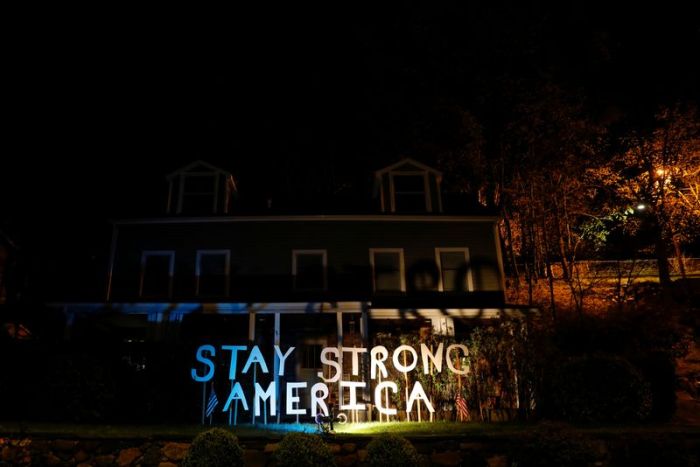(Reuters) – McDonald’s Corp has been hit with a class action lawsuit accusing it of subjecting female employees in its corporate-owned fast-food restaurants in Florida to widespread sexual harassment.
The lawsuit, filed on Friday in federal court in Chicago, says the company fostered a climate of “severe or pervasive sexual harassment and a hostile work environment, including groping, physical assaults, and sexually-charged verbal comments.”
McDonald’s said in a statement that it was committed to ensuring workers were not subject to sexual harassment.
“The plaintiffs’ allegations of harassment and retaliation were investigated as soon as they were brought to our attention, and we will likewise investigate the new allegations that they have raised in their complaint,” it said.
The plaintiffs, McDonald’s employee Jamelia Fairley and former employee Ashley Reddick, are seeking to represent a class of female employees of Florida’s more than 100 corporate-owned, non-franchise McDonald’s locations. They are asking for $500 million in compensatory damages and additional punitive damages.
Fairley and Reddick said in their complaint that McDonald’s failed to provide training to prevent sexual harassment and shuffled serial harassers from one location to another without consequence.
“McDonald’s strategy in Florida appears to be: deny, ignore, and punish anyone who complains too loudly, and at times, move harassers from one restaurant to another restaurant, where they have access to and can further harass more women,” they said.
Reddick worked at a Sanford, Florida, McDonald’s restaurant from 2015 until 2018, when she was fired for reporting unwanted sexual comments and touching by a male coworker, the complaint said. Fairley was harassed by two male coworkers while working at the same store, beginning in 2018, according to the complaint.
Management knew of the harassment of both women but failed to take appropriate action, the lawsuit said.
Sexual harassment allegations have plagued McDonald’s since 2016, when it first faced a wave of complaints filed with the Equal Opportunity Employment Commission.
McDonald’s also faces another class action in Michigan, as well as individual lawsuits.
About 95% of McDonald’s U.S. restaurants are run by franchisees rather than by McDonald’s itself. The company has argued that it cannot be held responsible for harassment in its franchise restaurants, and a federal appeals court in California agreed with that view last year.
Friday’s lawsuit, however, concerns only corporate-owned stores.
Chief Executive Steve Easterbrook was fired last November for having an improper consensual relationship with an employee, though he was not accused of harassment.
(Reporting by Brendan Pierson in New York Editing by Jonathan Oatis and Matthew Lewis)
























